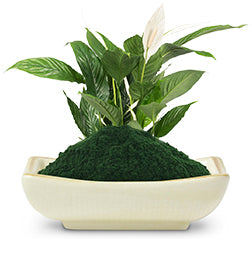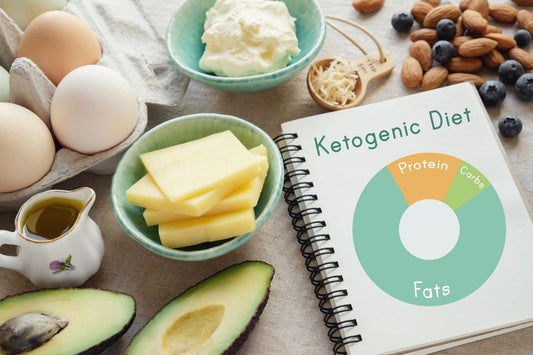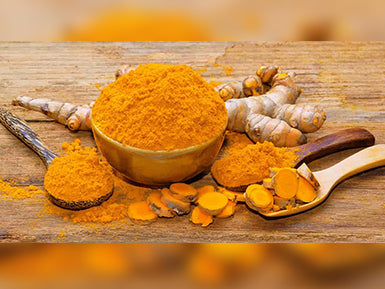What is Spirulina?
Spirulina is a blue-green microalga that has been around for millions of years. It was used as a food source by Aztecs and Mesoamericans. The Aztecs used to call it ‘tecuitlatl’. Spirulina is often cited as a super food because of its high nutrition profile. Let’s look at its nutritional composition to have a better understanding of this super food.
Nutritional composition of Spirulina:
In 100 grams of Spirulina you get:
• 290 calories ✔
• 8 grams of fat ✔
• 1,048 mg of sodium ✔
• 1,363 mg of Potassium ✔
• 24 grams of total carbohydrates ✔
• 3.6 grams of dietary fibre ✔
• 3.1 grams of sugar ✔
• 57 grams of protein ✔
• 11% vitamin A ✔
• 16% Vitamin C ✔
• 20% Vitamin B-6 ✔
• 12% of Calcium ✔
• 48% of magnesium ✔
• 158% of Iron ✔
Apart from these nutrients spirulina 8 essential amino acids, high levels of gamma-linolenic acid, beta-carotene, linoleic acid, arachidonic acid, chlorophyll, and phycocyanin. The last two being coloring pigments, with the former found in most plants, and the latter only found in blue-green algae. Due to its nutritional profile, spirulina becomes an ideal supplement during pregnancy and after surgery.
Health benefits of spirulina:
There have been 1700 peer-reviewed studies that highlight the numerous health benefits of spirulina. Some of the health benefits of spirulina are as follows:
Boosts Immunity:
Given the nutritional profile of spirulina, it’s no wonder that it increases and boosts immunity. Spirulina provides an instant boost of energy when ingested. Its high antioxidant and mineral composition help boost immunity, making you less likely to get sick.
Lowers blood pressure:
When studying phycocyanin, the pigment found in spirulina, scientists found that it has antihypertensive properties. It was claimed by Japanese researchers that this was a result of endothelial dysfunction reversal in metabolic syndrome.
Cholesterol reduction:
It shouldn’t come off as a surprise that spirulina reduces blood cholesterol and prevents the risk of atherosclerosis. A study conducted on rabbits by ‘The Journal of nutritional science and vitaminology’ found that spirulina significantly reduced the cholesterol levels of rabbits that were fed a high cholesterol diet for eight weeks.
Fights cancer cells:
Over time and again studies have pointed out that spirulina can ward off cancer cells. This is because it increases the production of antibodies and the infection-fighting cells which help the body to fight off diseases and cancer cells.
Helps in lowering blood sugar:
A number of studies have found that spirulina has the ability to balance blood sugar and in some instances is as potent as diabetes medication.
Detoxifier:
Spirulina is a natural blood detoxifier because it oxygenates the blood and gets rid of impurities and toxins that can cause diseases and illnesses.
Balances body’s PH level:
Being alkaline in nature spirulina safely and naturally balances the body’s PH level which in turn helps prevent inflammation.
Aids and prevents allergies:
Spirulina aids in allergies and allergic reactions as it reduces inflammation that can lead to nasal congestion and other issues. It was noticed that people who took spirulina noticed a reduction in nasal congestion, sneezing and itching.
The final take:
With its medicinal benefits, spirulina is no doubt a superfood. Spirulina is available in powdered and tablet forms. Before purchasing spirulina in any form you should always make sure that the spirulina you purchase is of high quality and comes from non-contaminated sources.




